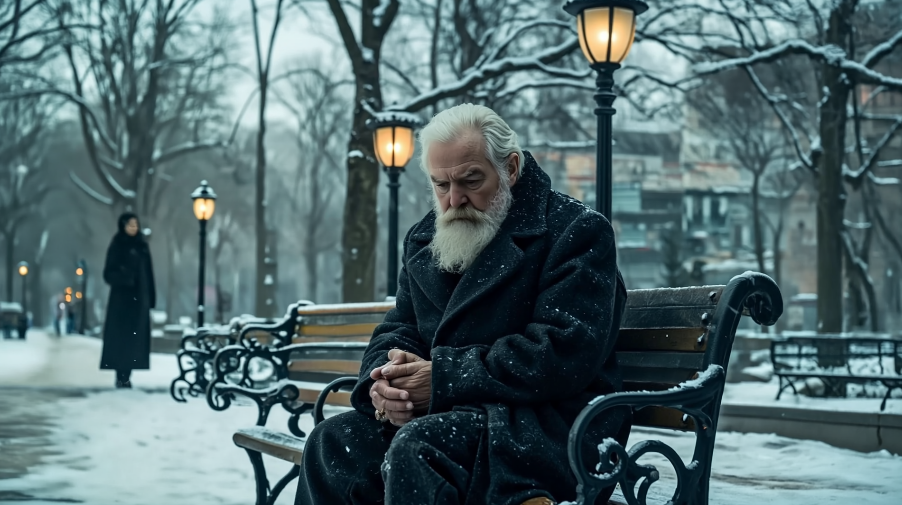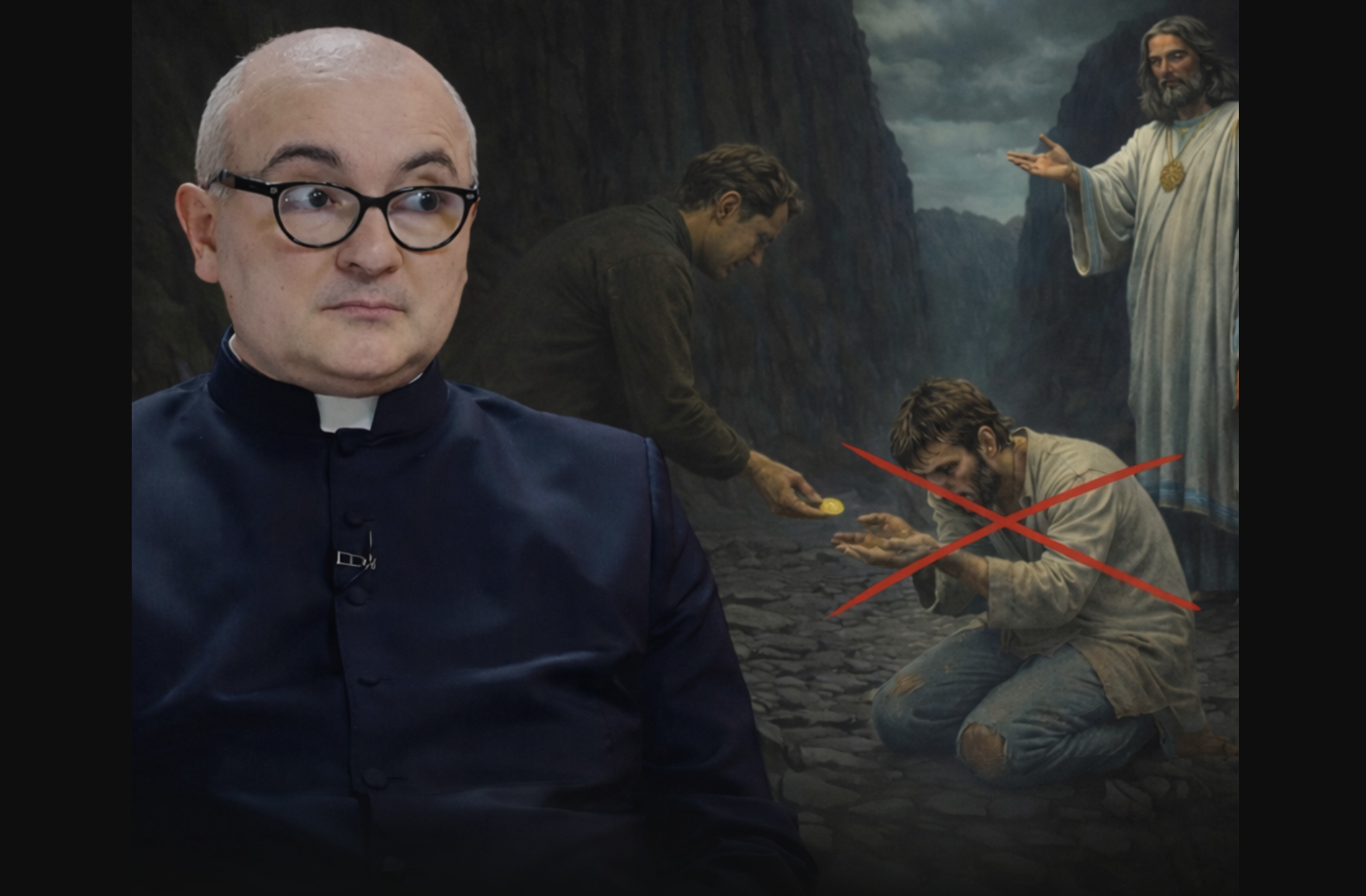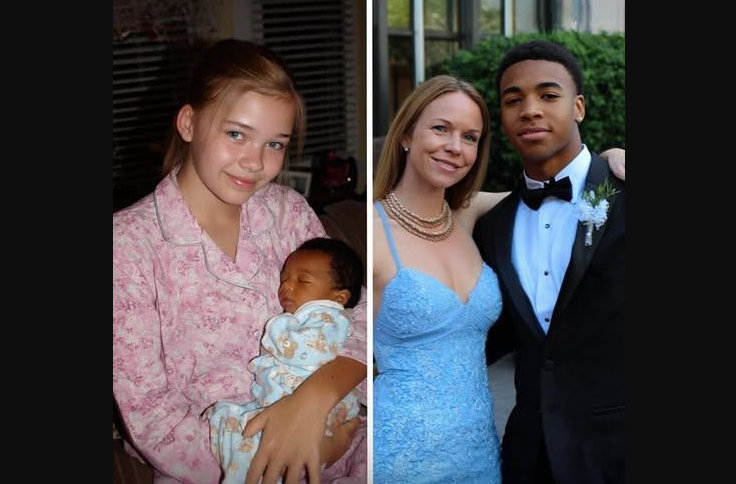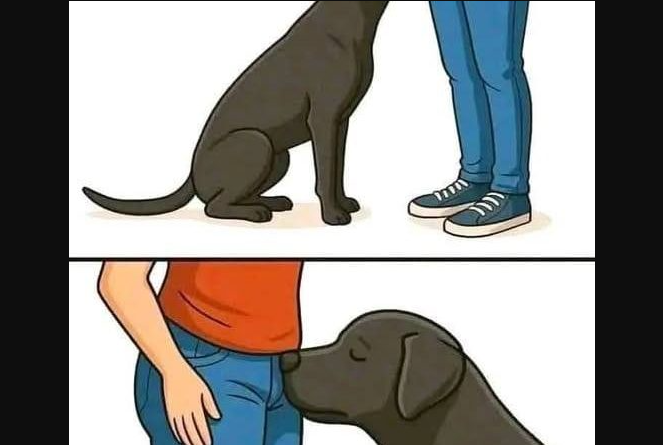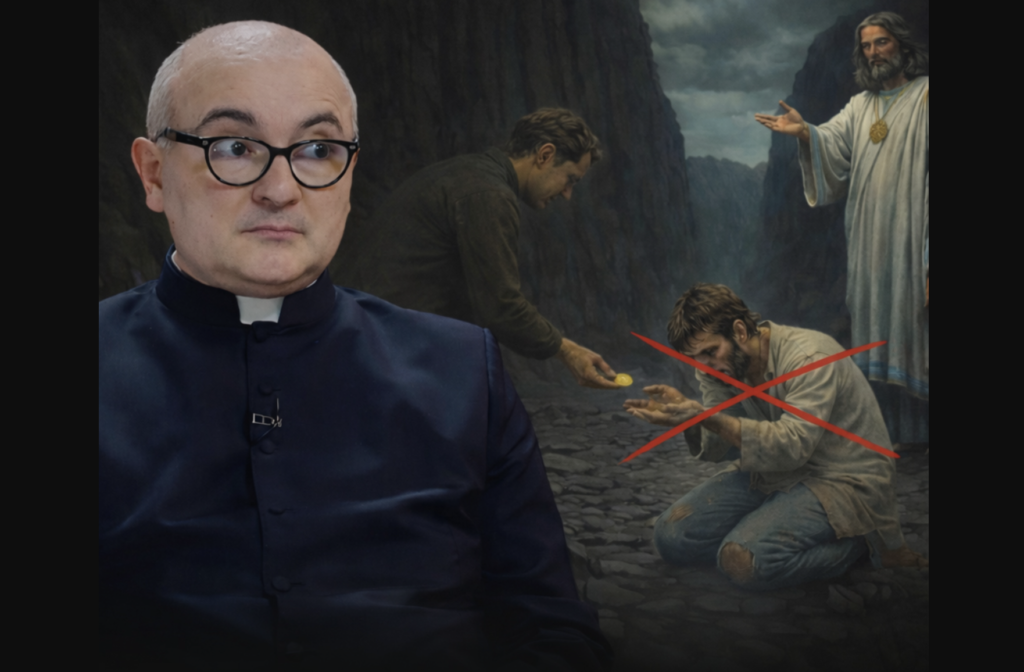Nikolai Andreevich sat silently on a frigid metal bench, covered by an old coat that once represented his respected position at the housing office. Once a respected professional, a husband, father, and proud grandfather, he now found himself entirely alone—his world had shattered without any warning.
When his son Valery brought his new wife, Olga, into the home, Nikolai sensed a looming coldness. There was something about her—a carefully constructed charm, eyes that remained cold beneath a smile. She was not openly hostile, but her presence gradually erased Nikolai from his own life. His books were packed away, his favorite chair vanished, and the kettle he had always used disappeared. Subtle suggestions followed: encouragement to take lengthy walks, ideas of moving to a village or a care facility. Without protest or complaint, Nikolai left. He gathered the few things that remained of his life and stepped outside, carrying his dignity like a heavy garment. There were no accusations, only silence and sorrow.
The Bench
He wandered without a destination through the snowy streets, a ghost to the world. A single park bench became his sanctuary—the same one where he had once strolled with his late wife and played with his young son. Now, he simply sat, staring into the distance.
Then, on one bitter day, a familiar voice broke the silence.
“Nikolai? Is that you?”
A woman approached. She was bundled in a warm coat and scarf. He did not recognize her at first, but then it clicked—Maria Sergeevna, his first love from long ago. Life had taken them in different directions, but here she was now, holding a thermos and a bag of warm pastries. Seeing her stirred something in him—something that had been long forgotten. They sat together, and time seemed to stand still.
“I walk here sometimes,” she said softly.
“But what about you?”
“It is a place full of memories,” he replied. “My son took his first steps here.” He explained, briefly, that his son had chosen his wife over him. Maria listened quietly, noticing his chapped hands and tired eyes.
“Come stay with me,” she offered. “We will find a solution. You do not deserve to be alone.”
She told him she had been alone as well—her husband had passed away, and her only pregnancy ended in heartbreak. Her life since then had been a quiet cycle of work, pension, knitting, and solitude. That night, for the first time in years, Nikolai did not sleep on a bench. He awoke to the scent of warm pies and the sound of tea brewing in a home with soft curtains and a peaceful atmosphere.
Days turned into weeks. Nikolai slowly returned to life, repairing furniture, sharing stories, and helping with chores. Maria, in turn, nurtured him with care, soup, and quiet companionship. They did not speak much about the past. They did not need to.
The Grandson
Then one day, Maria returned from the market to find a stranger at the gate. It was Valery—Nikolai’s son—who had finally come, guilt etched into his face.
“I have been searching for him,” Valery said. “Olga left me. I was wrong.”
Maria let him in, but with a warning: “He is not something you can simply take back because you are lonely.”
Inside, Valery faced his father.
“Dad… I am so sorry.”
“You should have come sooner,” Nikolai said. “But I forgive you.” He meant it. But he did not move back. “I have warmth here now,” he explained. “Forgiveness is not forgetting.”
Two years later, Valery returned with a boy named Sasha. Nikolai’s grandson.
“I drew this,” Sasha said, showing a picture of two people on a bench. “Dad says one of them is you. I want a grandpa.”
Nikolai embraced the child, feeling something blossom inside him. Sasha brought joy to their lives. Nikolai made swings and boats and read bedtime stories again. Maria watched it all with quiet happiness.
“You are living again,” she told him one night.
“Because of you,” he replied.
Eventually, Nikolai and Maria married in a quiet ceremony—just them, Valery, and Sasha. There was no grandeur, only love rediscovered.
A Lasting Legacy
Years passed. Nikolai began writing his story for Sasha—from his youth, through loss, exile, and finally, renewal. Sasha, inspired, vowed to turn it into a book.
Then one spring, Olga appeared—thin, pale, and full of regret. “I am sorry,” she said. “I lost everything.”
“I am not angry,” Nikolai said. “But I will not let you in. This house is full of kindness, and you brought cold. I wish you peace—but not here.”
When Maria passed, Nikolai held her hand, whispering gratitude. He did not cry. He simply said, “Wait for me.”
Eventually, he joined her, passing peacefully on their bench. And now, that bench holds a plaque:
“Here, everything changed. Here, hope was reborn.”
Children still sit there with their grandparents, learning what love truly means—not in words, but in being there.
